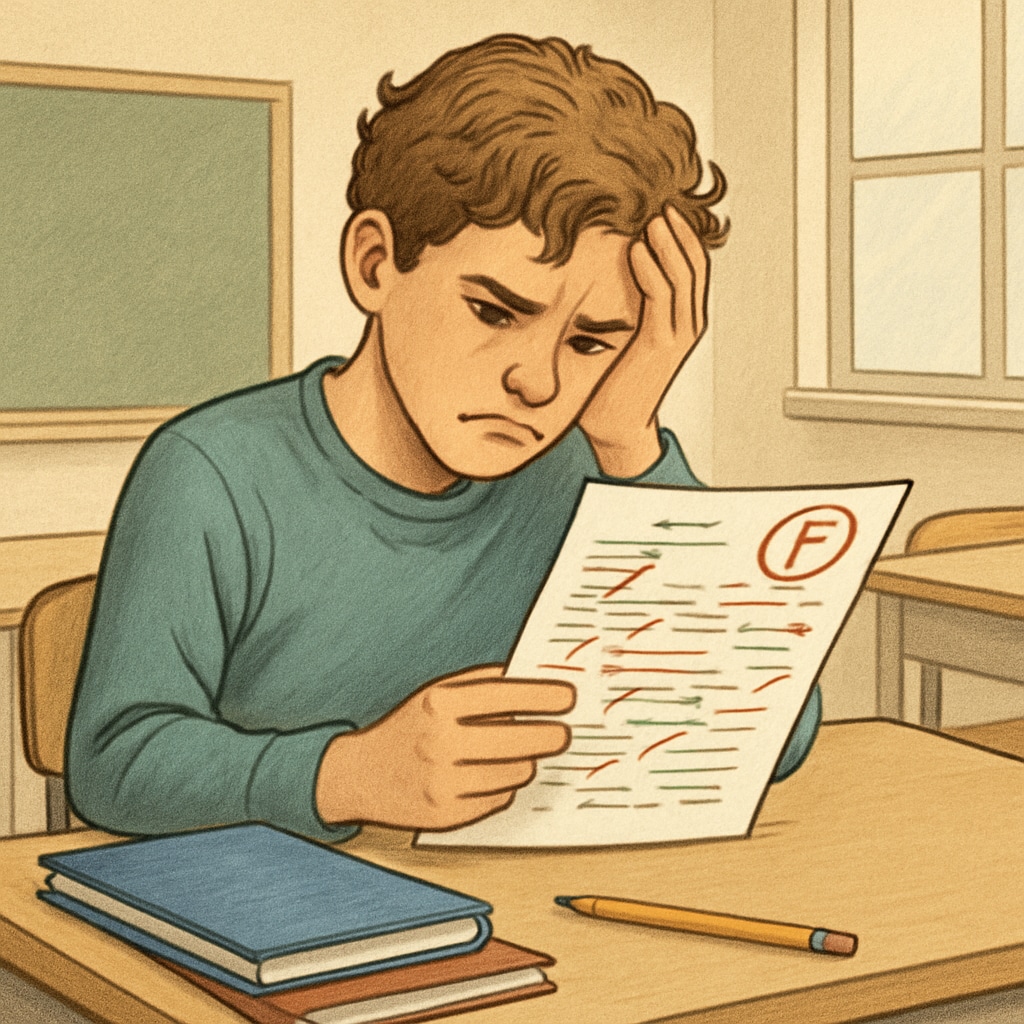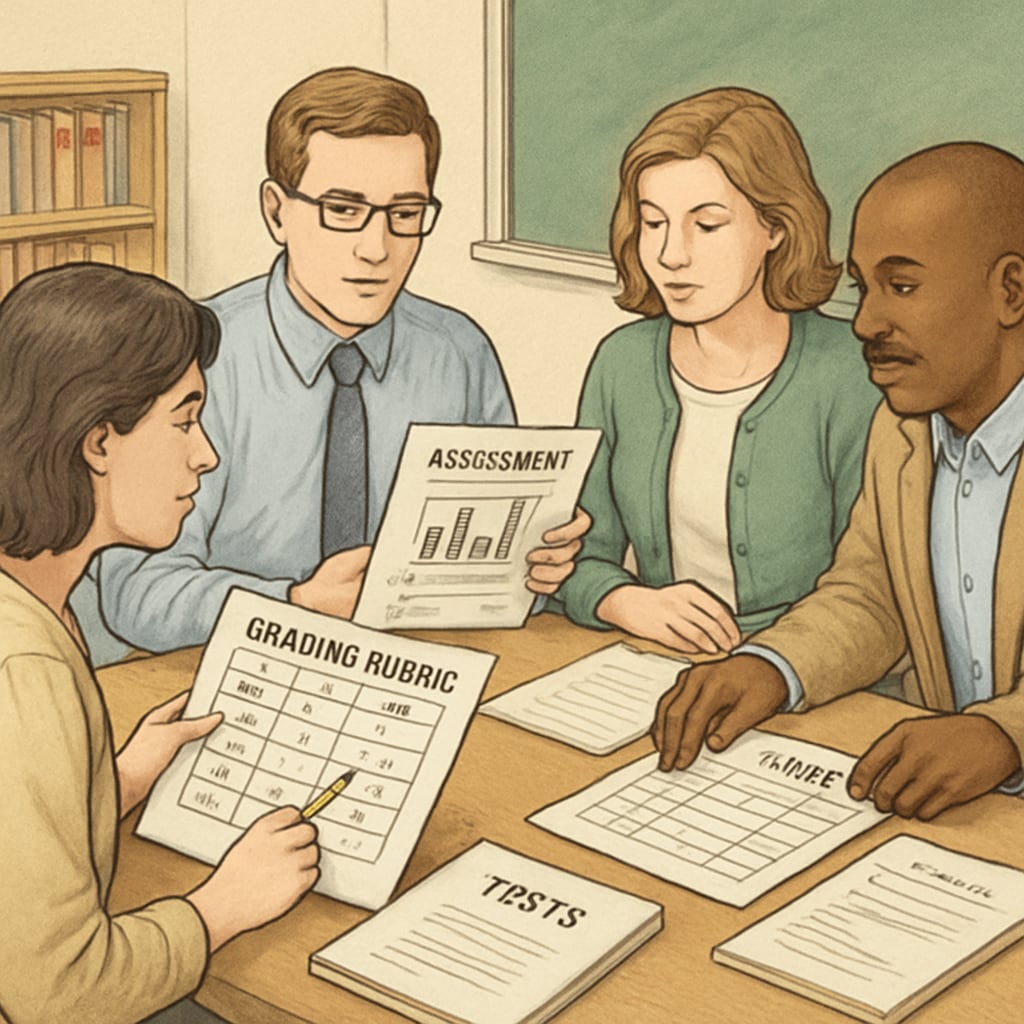Academic injustice, teacher negligence, and grade appeals represent growing concerns in K12 education systems worldwide. A recent AP Physics C case highlights how structural barriers prevent students from challenging questionable evaluations effectively. When 17-year-old Emma’s meticulously documented lab reports received consistently lower scores than her peers’ identical work, the school’s appeal process failed to address clear grading discrepancies.
The Broken Appeal System in Modern Education
Current mechanisms for challenging academic evaluations suffer from three critical flaws:
- Power imbalance: Teachers often serve as both accuser and judge in appeal processes
- Documentation burdens: Students must provide extraordinary evidence while schools require minimal justification
- Time constraints: Most districts impose impractical deadlines for appeals

Consequences of Unchecked Evaluation Errors
When institutions dismiss legitimate grade disputes, students face:
- Unfair college admission disadvantages
- Loss of scholarship opportunities
- Erosion of trust in educational systems
Research from American Psychological Association shows such experiences correlate with decreased academic motivation.
Pathways to Reform
Building transparent evaluation systems requires:
- Independent review committees for academic appeals
- Standardized grading rubrics with clear metrics
- Mandatory teacher training on unbiased assessment
The Wikipedia page on educational assessment outlines best practices currently used in progressive districts.

As education evolves, institutions must prioritize fair evaluation systems that protect student rights while maintaining academic rigor. Only through systemic reforms can we ensure grade appeals receive proper consideration without automatic institutional bias.


